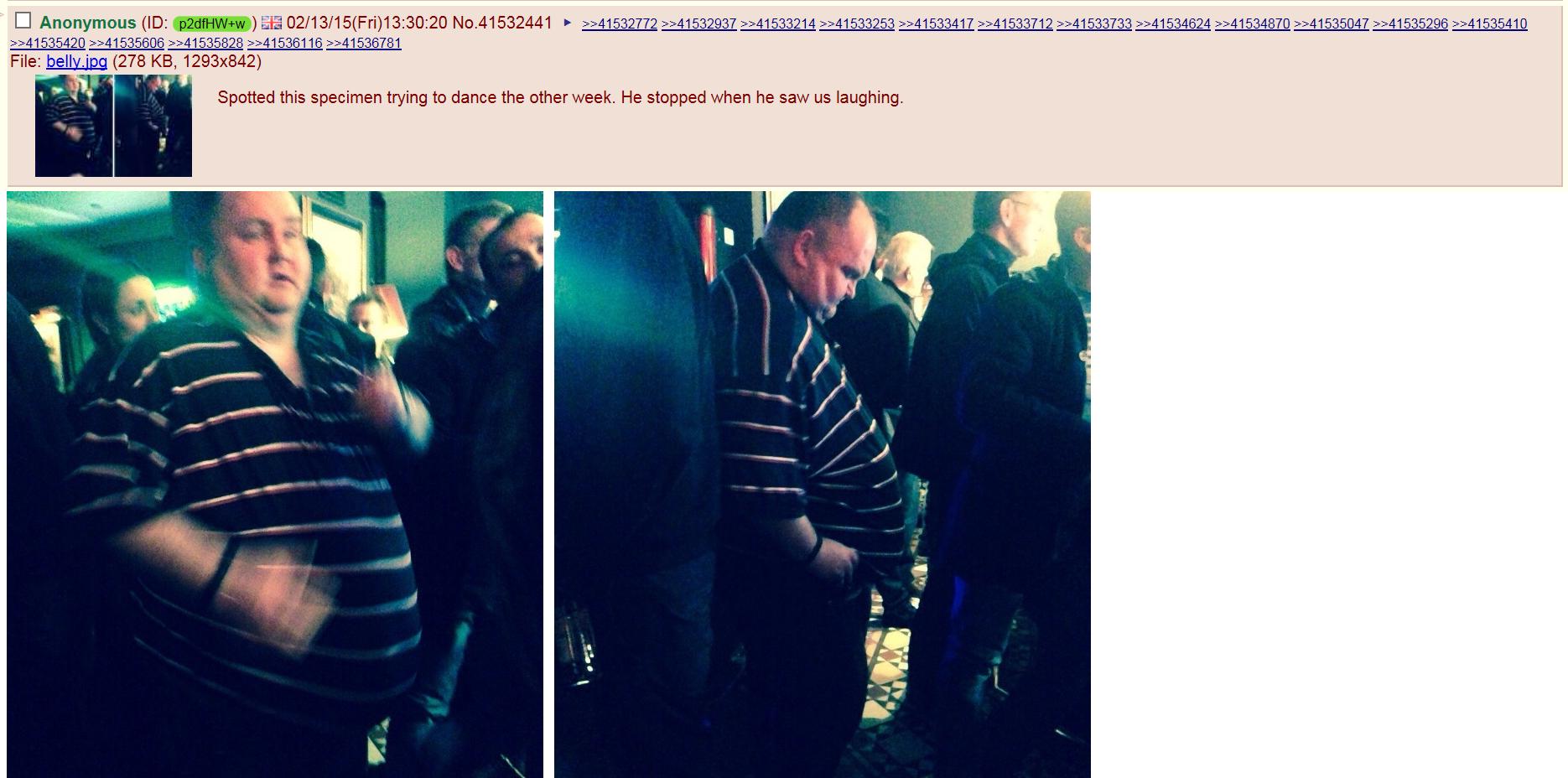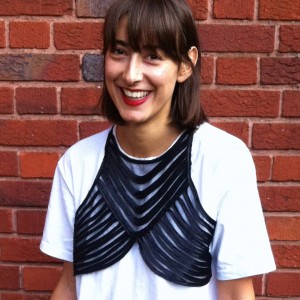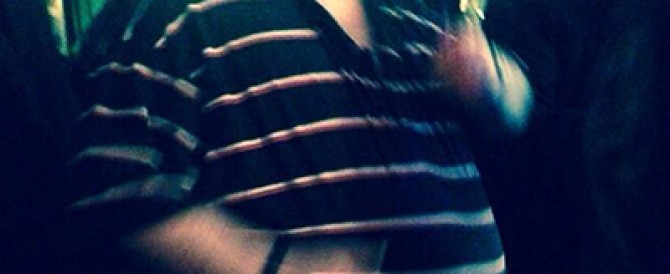Last week, the Twittersphere went legitimately mental over a sequence of two heartbreaking images showing a man enjoying himself dancing at a gig and then being shamed for doing so. “Spotted this specimen trying to dance the other week” the anonymous 4chan poster jeered, “He stopped when he saw us laughing.” Such gleeful spite boiled my blood and genuinely brought a tear to my eye; I wished there was something I could do to reassure this man that there was no shame in dancing, whatever some idiot with a camera phone might think. The idea that what a person can or cannot do should be dictated by their appearance, that their ability to take pleasure from live music should be curtailed because of the way that they look, was abhorrent to me.

Happily, thousands of others felt the same and the hashtag #FindDancingMan began to trend around the world. The quest to discover Dancing Man was taken up by an enthusiastic group of women in LA, who wanted to show their appreciation of his moves by throwing him a huge party, so that they could dance along with him too.
#FindDancingMan Help us find this dude with the moves! Let's do this, ladies! pic.twitter.com/JvBIkpIxdi
— TheElleWord (@TheElleWord) March 6, 2015
“We don’t know much about you, but a photo on the internet suggested that you wanted to dance and were made to feel like you shouldn’t be. We want to see you dance freely and if you would have us, we would love to dance with you.”
So far so good. But what stopped me in my watery-eyed, seal-clapping tracks was the next line:
“To be clear it’s 1,727 of us. And we’re all women.”
I didn’t want to pour rain on their apparently righteous parade, but what exactly does being female have to do with it? Why is that better than 1,727 people (of any gender) who want to show their support? They continued:
Who knows this guy?? We want to throw him a huge dance party with tons of beautiful babes. pic.twitter.com/FJiCR8wTWo
— CaseyHoran (@1WithTheSun) March 6, 2015
“Who knows this guy?? We want to throw him a huge dance party with tons of beautiful babes.”
Well #FindDancingMan has taken off quite nicely. Shouldn't be long before he's the luckiest bloke on the planet lol. #AllThoseGirls
— CassCams (@CassCamsModels) March 6, 2015
“Well #FindDancingMan has taken off quite nicely. Shouldn’t be long before he’s the luckiest bloke on the planet lol. #AllThoseGirls”
By now, I had a furrowed brow. It’s great that they want to dance with him, to show by their actions how they reject the snide remarks of his cruel tormentors, but to figure themselves in the equation as “1,727 beautiful babes” is also seeking to measure a person’s worth by the sum of their physical attractiveness. Not ‘women who like to dance’, but ‘babes’, as if their physical beauty is their defining offer. Like some wrongheaded extremist and his 72 virgins, they are presented as mere trophies.
I would like to say to them:
You too are worth more than an arbitrary judgement of your appearance. You are people, trying to do a lovely thing for another person who has been hurt. Recognise that the salve isn’t your beauty, but your humanity.
***
 |
Charlotte Gush is the Online Editor for All Walks.
Charlotte writes about fashion, music and culture for publications including i-D, Dazed & Confused and Disorder, and she is the Web Coordinator at London College of Fashion. Find Charlotte on Twitter @CharlotteGush |

